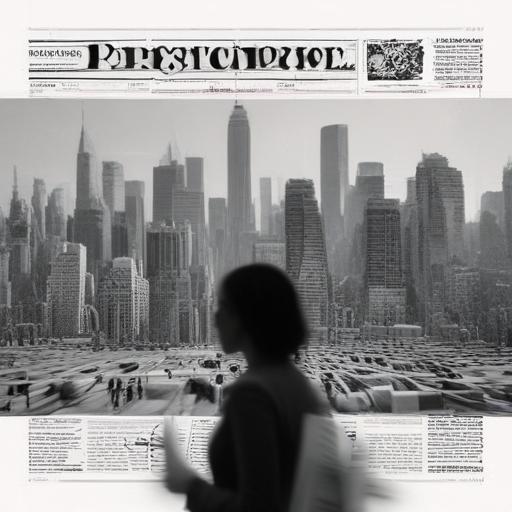Zohran Mamdani’s campaign for mayor of New York City, propelled by grassroots enthusiasm and a focus on affordability, marks a potential watershed moment for progressive politics in the city. Initially met with skepticism regarding his chances against established politicians like Andrew Cuomo, Mamdani transformed doubt into belief through a dynamic ground game that saw over 40,000 volunteers flood neighborhoods with canvassing efforts and visible support. His rallying cry for “a city we can afford” resonated with voters concerned about rising living costs.
Mamdani’s plans touch on crucial issues such as housing, public services, and police reform. Housing, specifically, represents a critical area where success will be measured, as it is often the most significant expense for city residents. His administration intends to push for zoning reform to facilitate housing development, while also acknowledging the need for impactful rent regulations. The campaign successfully argued that combining more private housing development with stronger rent controls is not contradictory, but rather a complementary approach to ensure that New Yorkers remain in their homes as the city grows.
The financial aspect of Mamdani’s plans reveals an understanding of the city’s constraints. While he cannot unilaterally raise taxes or issue debt freely, his proposals suggest a willingness to engage with state leadership to advocate for necessary fiscal changes. His approach includes practical solutions like exploring public financing options to reduce reliance on high-return private equity investments in housing development, which traditionally inhibit affordability.
Public transportation is another focus area, with the ambitious idea of making buses free, a move that serves to reduce commuter costs while also streamlining service. This aligns with broader objectives to make the city more accessible and efficient.
Mamdani’s proposals have broader implications, particularly for policing in New York City. His intention to create a new Office of Community Safety and eliminate aggressive policing strategies reflects a changing landscape in public safety discourse. While the topic of policing remains contentious, focusing on community safety rather than crime-centric solutions could shape a less confrontational relationship between citizens and law enforcement.
Moreover, the political climate demonstrates a reawakening among left-leaning voters, showcasing a collective desire for a government that takes action on pressing economic issues rather than avoiding them. This renewed energy is highlighted by Mamdani’s clear communication on various fronts, unafraid to tackle contentious issues such as international conflicts and civil rights while maintaining a core focus on economic policies.
The potential of Mamdani’s candidacy lies in the transformative impact it could have on New York City’s political landscape. His ability to mobilize an expansive base not only led to his electoral success but may also embolden other politicians to explore progressive agendas. As Mamdani begins his term, the city is positioned for a renewed conversation about social equity, affordability, and safety—crucial components for crafting a sustainable future in New York.
Building upon this hopeful momentum, there lies an opportunity for systemic change that addresses long-standing inequalities, not just within housing and social services, but throughout the entire governance of New York City.
